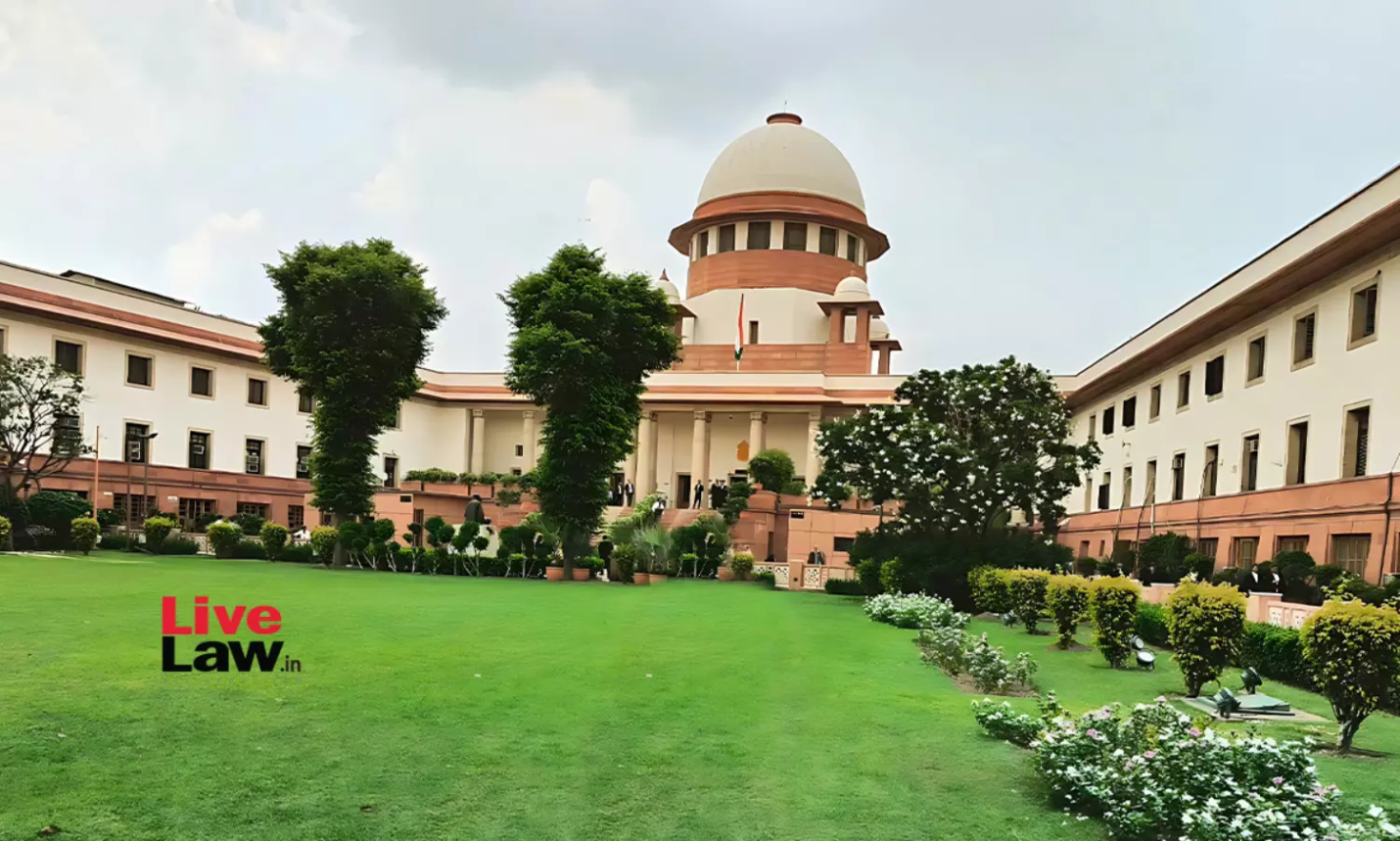Free Courses Sale ends Soon, Get It Now


Free Courses Sale ends Soon, Get It Now



Copyright infringement not intended
Picture Courtesy: www.livelaw.in
Context: A recent judgment by the Supreme Court has clarified the legal status of 'panchnamas', which are documents prepared by police officers to record the facts of a case. The apex court held that 'panchnamas' would not be accepted as evidence in a court of law if they were prepared in violation of Section 162 of the Code of Criminal Procedure (CrPC), which lays down the procedure for recording statements of witnesses by police officers.
About Panchnama
|
Definition |
●Panchnama is a document with legal significance that records observations, findings, and evidence made by an officer at the scene of an offence or anywhere related to the crime. ●The term is derived from the ancient Indian judicial system where a group of five elected members (Panch) presided over disputes, and their proceedings were recorded as Panchanama. |
|
Types of Panchnama
|
●Different kinds of Panchnama are prepared during investigations, including search, seizure, recovery, discovery, arrest, inquest, and test identification parade. These documents are crucial for supporting evidence in both criminal and civil cases. |
|
Contents and Witnesses |
●There are no specific guidelines for the contents of Panchnama under the Code of Criminal Procedure (CrPC) or any other statute. Witnesses, known as "Panchas," are required to be two or more independent and respectable persons who are not of disrepute. Their testimonies hold immense value, especially in cases based on circumstantial evidence. |
|
Significance |
●Panchnama serves as an essential part of criminal and civil investigation procedures. In criminal cases, it supports evidence gathered during the investigation, such as findings at the crime scene and identification of the accused. In civil cases, it demonstrates the execution of decrees, particularly in cases involving property possession. ●The primary purpose of Panchnama is to convince the court that the investigating officer has conducted the necessary procedures, searches, or seizures as mandated by law. It acts as a crucial piece of evidence, ensuring transparency and authenticity in legal proceedings. |
Conclusion
|
PRACTICE QUESTION Q. What is a Panchnama in the context of legal procedures? A) A legal document used for property transactions. B) A document recording observations, findings, and evidence made by an officer related to a crime. C) A document used for recording business transactions. D) A document recording historical events in a locality. Answer: B Explanation: A Panchnama is a document recording observations, findings, and evidence made by an officer at the scene of an offence or related to a crime. |
© 2024 iasgyan. All right reserved